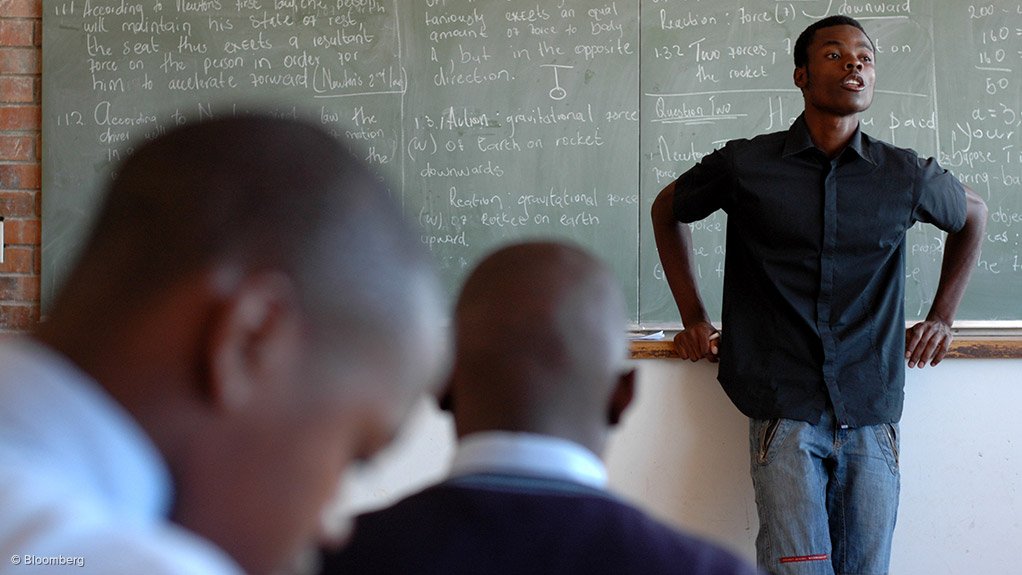The content on this page is not written by Polity.org.za, but is supplied by third parties. This content does not constitute news reporting by Polity.org.za.
The Portfolio Committee on Basic Education today commended the Education Labour Relations Council (ELRC) for its work in verifying educators across the country, a move aimed at addressing longstanding allegations of “ghost teachers” within the education system.
Committee Chairperson, Ms Joy Maimela, said in her opening remarks that the committee welcomed the ELRC’s verification process, which involves verifying personnel, teachers, and learners. “This is a very important intervention from the Council. We believe that the Council took a great decision in implementing this verification process,” said Ms Maimela.
Ms Maimela emphasised that the committee has often raised concerns about the possibility of ghost teachers. “We have always said there ought to be a verification process so that we have facts and data on what is really happening on the ground, and to determine whether these allegations are substantiated.”
She further acknowledged that the initiative stems from the Department of Basic Education (DBE), which briefed the committee on measures to safeguard the integrity of the process. The DBE informed the committee that in May this year, it hosted a workshop with teacher unions and provincial education departments (PEDs) to discuss, among other matters, budget allocations. The verification project emerged as a key area for potential savings.
According to the ELRC, the project’s objectives include validating existing personnel and learner data; ensuring every person on the payroll is a legitimate teacher or departmental official; eliminating financial losses from payments to non-existent staff; and improving learner number accuracy for better planning and post provisioning, including identifying undocumented learners.
The committee was briefed that the platform developed for this initiative serves as a central source of truth with agreement from principals, labour unions, school governing bodies, and circuit managers. It is also a safeguard against data falsification at the school level.
The verification process has already been piloted in the Eastern Cape with positive results, and training on the platform is set to begin next week. School stakeholders will be able to submit data after training and data submission is expected to take no longer than 60–90 minutes. Reports will be available within a day of submission.
In addition to the verification briefing, the committee also received updates from the Commission for Gender Equality (CGE) and the DBE. The CGE presented its Paper and in Action? Assessing State Compliance with CEDAW report, calling for swift adoption and implementation of the national policy on learner pregnancy prevention and management. It urged efforts to retain rural girls in schools, combat dropout rates, and ensure teachers report statutory rape cases. The DBE presented its capacity-building initiatives to strengthen Mathematics performance in Grades 1–7. The DBE also provided an updated progress report on the implementation of the General Education Certificate (GEC) to better prepare learners beyond Grade 9.
Issued by the Parliamentary Communication Services on behalf of the chairperson of the Portfolio Committee on Basic Education, Joy Maimela
EMAIL THIS ARTICLE SAVE THIS ARTICLE ARTICLE ENQUIRY
To subscribe email subscriptions@creamermedia.co.za or click here
To advertise email advertising@creamermedia.co.za or click here











